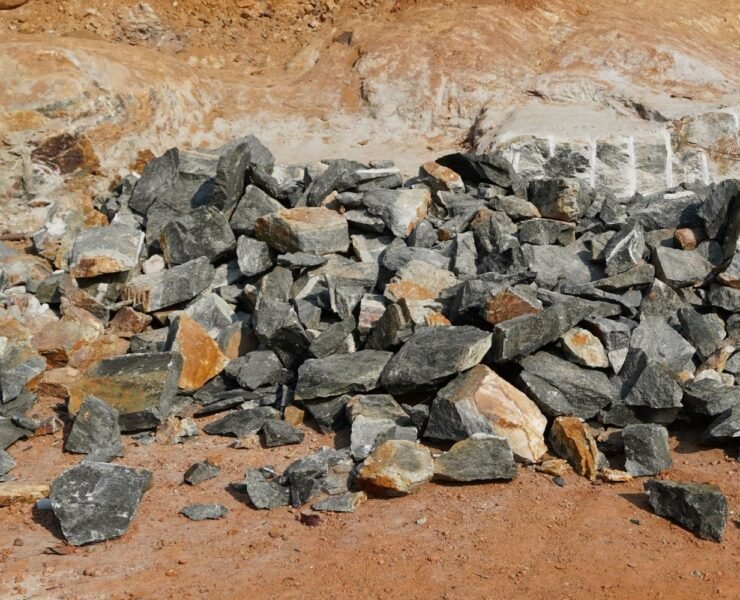The discovery of lithium in Zimbabwe has the potential to transform the country’s economy, but it’s important to be vigilant and ensure that the extraction and sale of the resource is managed in a transparent and responsible manner, and that the benefits are widely distributed to the population.
Lithium, is a highly sought-after metal used in the production of batteries for electric vehicles and electronics, has recently been discovered in significant quantities in Zimbabwe. This discovery has the potential to transform the country’s economy and position it as a major player in the global lithium market.
Zimbabwe is home to one of the largest lithium deposits in the world, located in the Bikita area in the Masvingo province. The deposit is estimated to contain around 11 million tonnes of lithium ore, with a concentration of 1.4% lithium oxide. This is a significant find, as the average concentration of lithium in most deposits is around 0.5%.
The discovery of this deposit has sparked interest from mining companies and investors from around the world, who are eager to tap into the potential of this resource. The government of Zimbabwe is also keen to develop the deposit, as it has the potential to generate significant revenue and create jobs in the country.
The mining of lithium in Zimbabwe is expected to bring significant benefits to the country’s economy. It is projected to create thousands of jobs, both directly in the mining industry and indirectly in related sectors such as transportation and manufacturing. Furthermore, the revenue generated from the export of lithium could be used to fund infrastructure and development projects, which would improve the lives of citizens across the country.
However, it is important to note that the development of the lithium deposit must be done in a sustainable and responsible manner. This includes ensuring that the local community and environment are protected and that the mining activities adhere to international standards.
It is possible that the discovery of lithium in Zimbabwe could have a transformative effect on the country’s economy, but it is also possible that the extraction and sale of the resource could be exploited by corrupt elites. The outcome will depend on a number of factors, including the management and oversight of the mining process, the distribution of revenue generated by the resource, and the political and economic climate in the country.
The Marange diamond fields in Zimbabwe, which were discovered in 2006, were initially hailed as a potential economic boon for the country. However, the extraction and sale of diamonds from the fields were plagued by corruption, human rights abuses, and lack of transparency, which prevented the resource from having a positive impact on the country’s economy.
To avoid a repeat of the Marange diamond situation, it is important that the mining of lithium in Zimbabwe is managed transparently and responsibly, and that the revenue generated by the resource is distributed in a way that benefits the entire country and its citizens. This includes ensuring that the local community and environment are protected and that the mining activities adhere to international standards, as well as implementing measures to combat corruption and mismanagement.
It is also crucial that the government and other stakeholders create an enabling environment to attract investors who are interested in investing in Lithium and are committed to responsible extraction and processing of the mineral. This could involve creating a conducive legal and regulatory framework, as well as investing in infrastructure and human capital development.
Indeed, the discovery of lithium in Zimbabwe has the potential to transform the country’s economy and position it as a major player in the global lithium market. While there are many benefits to be gained from this resource, it is important that the mining of lithium is done in a sustainable and responsible manner.
